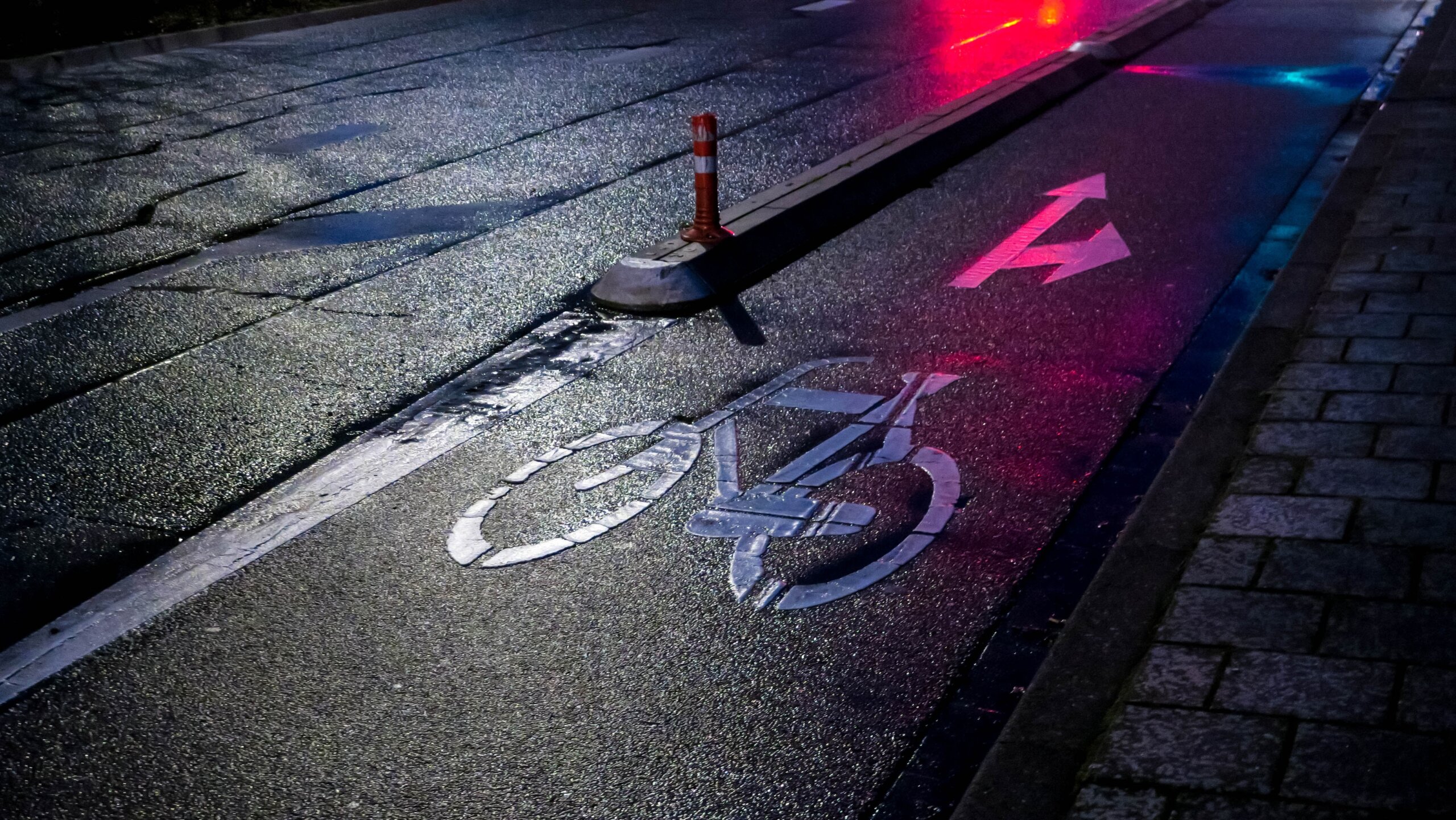
Given the cost of living crisis, the climate crisis, and the proven benefits of exercise for our physical and mental health, getting around by walking, wheeling or cycling should be more popular than ever. So why do so many of us still drive short distances to do the shopping and the school run? When our towns and cities are designed for cars rather than people, many residents may feel that they have no other option.
On 11th May, researchers from the DecarboN8 Research Network met in Leeds with policymakers, businesses, and community groups to try and address this challenge. Attendees shared evidence, plans and perspectives on how to make active travel (walking, wheeling and cycling) the first choice for more people and for more journeys.
The event was organised by DecarboN8, which is led by Professor Greg Marsden – Professor of Transport Governance at the University of Leeds. Decarbon8 brings together the eight most research-intensive Universities across the North of England (Durham, Lancaster, Leeds, Liverpool, Manchester, Newcastle, Sheffield and York) with local, regional and national stakeholders to investigate place-based solutions for decarbonising transport.
Stephen Edwards and Ruth Gelletlie from Living Streets highlighted the challenges some communities face due to poorly designed roads and showed how inclusive street design can make it easier for people of all ages and physical abilities to get around.
Avril Sanderson from Sustrans explained the importance of co-designing inclusive active travel with the communities who will use it.
Jess Hall from Tier showed how affordable and conveniently located bike, e-bike and e-scooter hire schemes can make active travel available to more people. Tier also provided e-bikes and e-scooters for attendees to try out.
Kit Allwinter from West Yorkshire Combined Authority talked about WYCA’s commitment to drastically reduce car travel in the region. He pointed out that if everyone simply switched to driving an Electric Vehicle, charging infrastructure would still be a huge challenge in many areas, whereas every home already has the necessary infrastructure to charge an e-bike.
Paul Foster shared plans to expand and improve cycling infrastructure in Leeds and spoke about the “Walk it. Ride it.” behaviour change campaign that uses banners with local imagery, personal stories, and social media posts to encourage more people in Leeds to walk, wheel, and cycle.
Later, Paul led a cycle tour around Leeds city centre to show participants recent improvements to the cycle infrastructure while another group took a walking/wheeling tour of newly pedestrianised areas. The event also showcased research on the potential of e-cargo bikes, the impact of pop-up cycle lanes during Covid-19, and Pakistani families’ experiences of active travel in Bradford.
Greg Marsden, Director of DecarboN8, said:
“We need to make deep carbon reductions by 2030. Active travel is one of the few things that we can scale up quickly to make a difference to travel patterns, particularly with new e-bike technology and, our workshop suggests, this can also make connectivity into public transport work for more people.”
The Department for Transport (DfT) has recently published an Active Travel Toolkit to help councils put measures in place that will help more people choose active travel. For anyone wanting to get involved in supporting active travel in their area, organisations such as Living Streets, Sustrans, and Cycling UK offer lots of opportunities to get involved in local and national campaigns and activities.